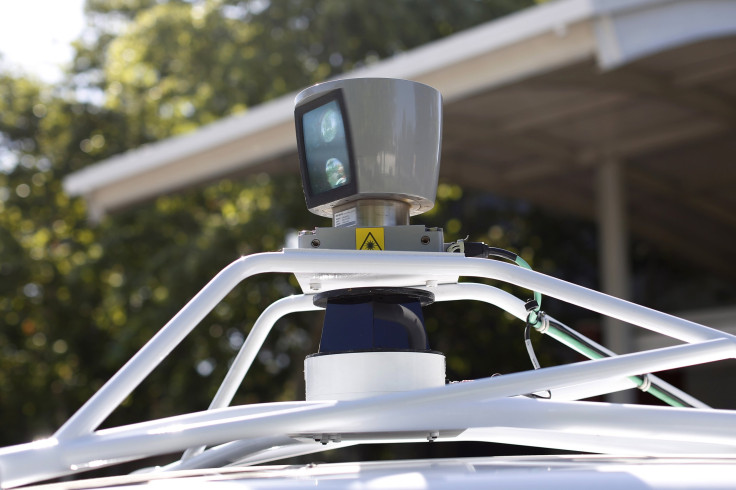Global Survey Shows Enthusiasm For Self-Driving Cars, But Also Apprehension About Riding In Them

How optimistic are you about self-driving technology? Do you think autonomously driven cars are safe? How much extra would you pay for the option? These are some of the questions a global survey asked to people in six countries to gauge global sentiment about a technology that virtually all automakers expect to be commercially viable in a decade, if not sooner.
In a report released Thursday, Michael Sivak and Brandon Schoettle from the University of Michigan Transportation Research Institute conclude that Asian consumers are generally more willing to embrace autonomous or semi-autonomous driving than Westerners.
“In comparison to the respondents in the U.S., the U.K., and Australia, respondents in China and India had more positive initial opinions of self-driving vehicles, generally expressed greater interest in having such technology on their personal vehicles, and were willing to pay the most for it,” the report said. The Japanese were outliers; half of them were indifferent while respondents in the other countries leaned toward a positive outlook on the technology.
But the survey results also suggest that this enthusiasm for the technology doesn’t mean anyone wants to be the first to ride around in cars that take over most or all safety-critical functions. In all countries except China, a majority of survey respondents expressed moderate to strong concern about driving or riding in one of these vehicles. Indians seem to be the most “moderately” or “very” concerned – 79 percent – while 13 percent of Chinese said they were not at all worried, the highest share of people willing to jump right into these cars.
Not all of the concerns expressed had to do with system failure, or how the cars would respond to unpredictable situations involving other cars driven by people. System security and the exposure to possible hacking, especially in China, India and the U.S., was also the subject of considerable concern.
How much people are willing to pay for this technology also varied greatly. A majority in Australia, the U.K. and U.S. not only said they wouldn’t pay extra for the option but about a third of respondents in these countries said they wouldn’t want to own or lease a self-driving car.
Desire for the technology was strongest in China and India, with a comfortable majority saying they would want one of these vehicles. One in four Chinese respondents said they would pay as much as $8,000 extra for the option while everyone else who said they would pay extra for the features settled a price of between $160 and $2,350.
The survey drew data from answers provided by 3,255 respondents from various age groups, or 501 to 610 people from each country.
© Copyright IBTimes 2024. All rights reserved.






















